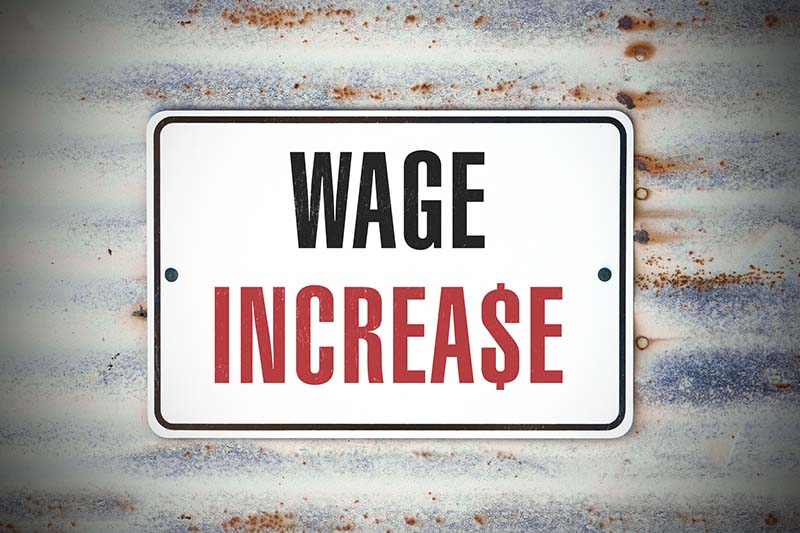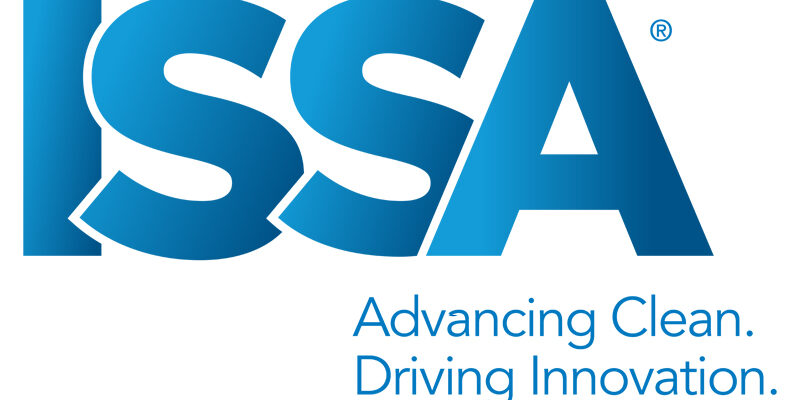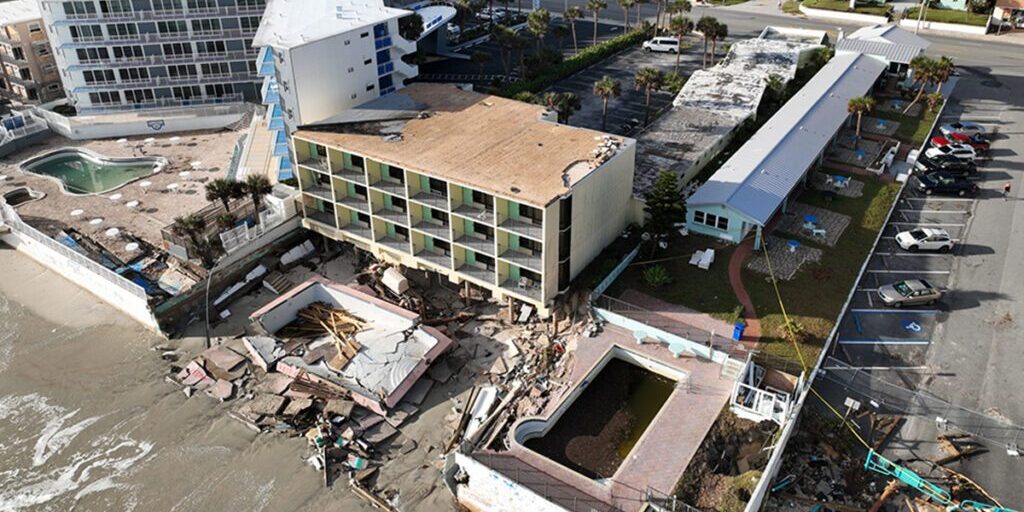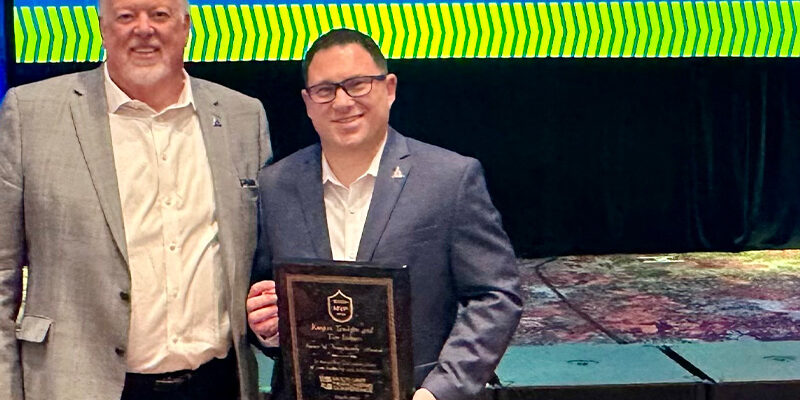New Law Will Increase Illinois’ Minimum Wage

CHICAGO — February 22, 2019 — Following a trend of laws to increase the minimum wage in cities and states across the country, Illinois Governor J.B. Pritzker has signed a bill that will implement staged increases to the state’s minimum wage, ultimately reaching $15 an hour by 2025. According to an article by the Chicago Tribune, the Illinois minimum wage will increase twice in 2020, first on January 1 from $8.25 to $9.25 an hour, and then on July 1 to $10 an hour. Following that, wages will increase by $1 each year until 2025 when the minimum wage will reach $15 an hour.
Illinois is the newest among a handful of states that have approved plans to meet the $15 an hour minimum wage goal set by the Fight for $15 movement. According to the Chicago Tribune, California, Massachusetts, New Jersey, and New York will also reach statewide minimum wages of $15 an hour within the next five years. Though more and more states are passing laws to increase wages, the federal minimum wage has remained at $7.25 an hour since 2009.
The last Illinois minimum wage increase occurred in 2010. “For nine long years, there were many forces that were arrayed against giving a raise to the people who work so hard to provide home care for seniors, child care for toddlers, who wash dishes at the diner, and who farm our fields,” said Pritzker during the signing, as reported by the Chicago Tribune. “Today is a victory for the cause of economic justice.”
Some lawmakers called for lower wage requirements outside of Chicago and in southern parts of the state where cost of living is lower. In fact, the city of Chicago and Cook County already have higher minimum wages of $12 and $11 an hour, respectively, according to the Chicago Tribune. However, since $15 an hour is set to be the statewide minimum by 2025, city and county minimums will also increase incrementally, beginning with a $1 per hour increase on July 1, 2020.
Although workers are celebrating the coming wage increases, many entrepreneurs are considering how this law will affect their businesses. Recognizing that small businesses will likely struggle most in adapting to higher wage requirements, the law also provides a tax credit for businesses with 50 or fewer employees. These businesses can claim a tax credit for 25 percent of the cost of increased wages in 2020, with the credit scaling back each year until it phases out, according to the Chicago Tribune.
To read more about how to prepare your business for rising labor costs, check out the Cleanfax January/February 2019 Foreword by Managing Editor Amanda Hosey. To participate in our poll about how minimum wage increases are affecting your business, click here.












